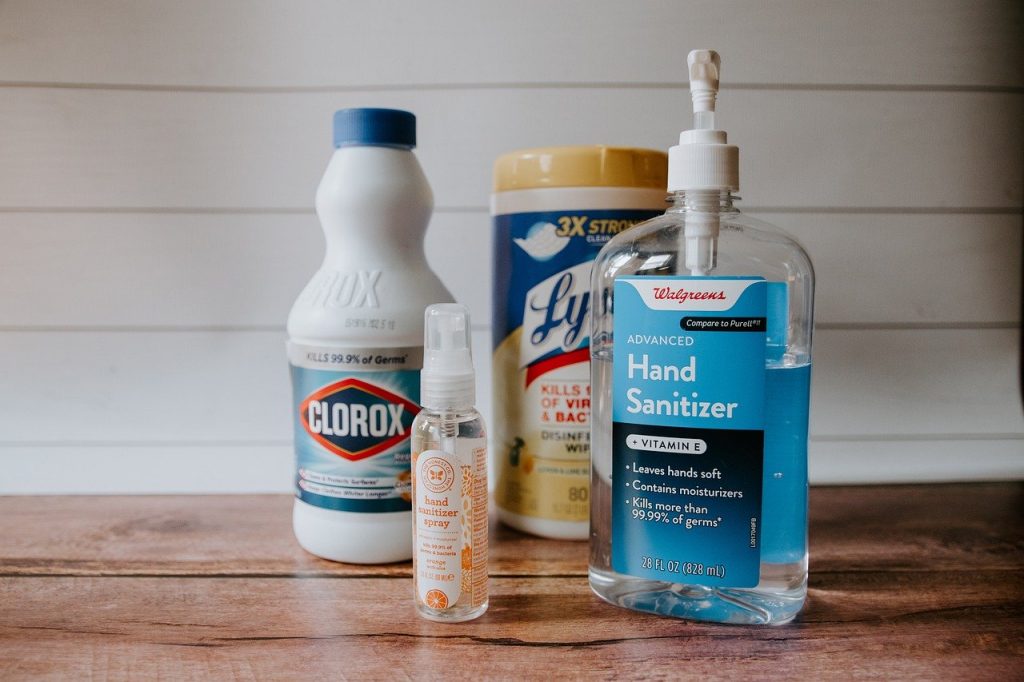We can help stop the spread of COVID-19 by washing our hands regularly with soap and water for 20 seconds – especially after going to the bathroom, before eating, and after coughing, sneezing, or blowing our nose. If soap and water are not available, the Centers for Disease Control and Prevention recommend using alcohol-based hand sanitizers containing at least 60% alcohol to help you avoid getting sick and spreading germs to others.
“Rub the hand sanitizer all over your hands, making sure to get between your fingers and on the back of your hands. Do not wipe or rinse off the hand sanitizer before it is dry. Do not use hand sanitizer if your hands are visibly dirty or greasy; wash your hands with soap and water instead,” – The FDA said.
Check FDA’s Do-Not-Use List
The FDA discovered serious safety concerns with some hand sanitizers during testing. This includes some hand sanitizers:
- contaminated with potentially toxic types of alcohol
- that do not contain enough active ingredient (ethyl alcohol or isopropyl alcohol)
- with labels containing false, misleading, or unproven claims
Before you buy hand sanitizer or use hand sanitizer you have at home, check the FDA’s do-not-use list at www.fda.gov/handsanitizerlist. We update the list regularly as new information is released.
Health care professionals and patients are encouraged to report adverse events or side effects related to the use of these products to the FDA’s MedWatch Safety Information and Adverse Event Reporting program:
- Complete and submit the report online.
- Download the form or call 1-800-332-1088 to request a reporting form.
Don’t Make Your Own Hand Sanitizers
The FDA doesn’t recommend that consumers make their own hand sanitizer. If made incorrectly, hand sanitizer can be ineffective – or worse. For example, there have been reports of skin burns from homemade hand sanitizer.
Also, adding alcohol to non-alcohol hand sanitizer is unlikely to result in an effective product. And using disinfectant sprays or wipes on your skin may cause skin and eye irritation. Disinfectant sprays and wipes are intended to clean surfaces, not people or animals. Hand sanitizers are a convenient alternative when handwashing with soap and water isn’t possible. You can help protect yourself and your family from coronavirus with simple hygiene.
Do not drink hand sanitizer. This is particularly important for young children, especially toddlers, who may be attracted by the pleasant smell or brightly colored bottles of hand sanitizer. Drinking even a small amount of hand sanitizer can cause alcohol poisoning in children. (But there is no need to be concerned if your children eat with or lick their hands after using hand sanitizer.)
During this coronavirus pandemic, poison control centers have had an increase in calls about accidental ingestion of hand sanitizer, so it is important that adults monitor young children’s use. Beware of alcohol-based hand sanitizers that are packaged in containers that may appear as food or drinks, and of those that contain food flavors or fragrances. The FDA has discovered that some hand sanitizers are being packaged in children’s food pouches, water bottles, and adult beverage bottles, such as beer cans, and liquor and wine bottles.

